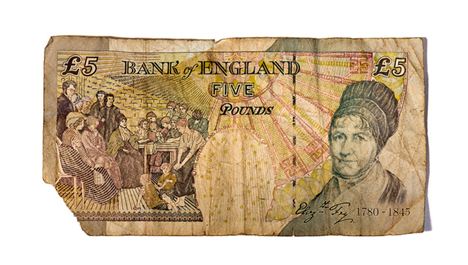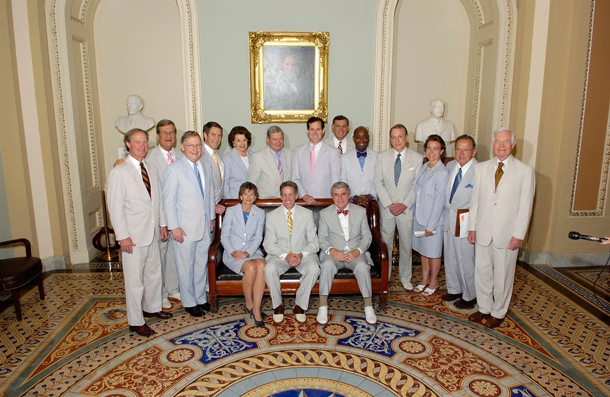Are jeans appropriate attire for a first class cabin on an airline? According to a complaint filed in federal court in California in Warren v. U.S. Airways, some airline employees think the answer depends upon the race of the body wearing the jeans.
 According to the complaints’ allegations, two African-American men boarding a plane in Denver on a flight to L.A. were told that they needed to change their clothes in order to use their first class tickets because “everyone in first class is required to wear slacks, button up shirts, and no baseball caps.” The men, brothers, changed their clothes and boarded the plane. Other men in first class, however, did not conform to the announced dress code. Indeed, according to the allegations, a pair of men – – – one white and one Filipino – – – were both wearing jeans and hooded sweatshirts. These men stated that they were never informed there was a dress code for first class cabin.
According to the complaints’ allegations, two African-American men boarding a plane in Denver on a flight to L.A. were told that they needed to change their clothes in order to use their first class tickets because “everyone in first class is required to wear slacks, button up shirts, and no baseball caps.” The men, brothers, changed their clothes and boarded the plane. Other men in first class, however, did not conform to the announced dress code. Indeed, according to the allegations, a pair of men – – – one white and one Filipino – – – were both wearing jeans and hooded sweatshirts. These men stated that they were never informed there was a dress code for first class cabin.
The airline, as a private rather than governmental entity, is not subject to constitutional constraints. However, the airline is subject to several federal statutes that prohibit discrimination on the basis of race, including in public accommodations, by recipients of federal funding, and in the impairment of contracts. The complaint also includes a state law discrimination claim as well as state law tort claims for infliction of emotional distress.
If the plaintiffs can prove their allegations, the airline has cause to worry that its employees have engaged in racial discrimination. And if the plaintiffs can get to a jury, it would be unlikely anyone on that jury who has been a customer of an airline in the past several year will find a first class cabin “dress code” credible.
[image via]



